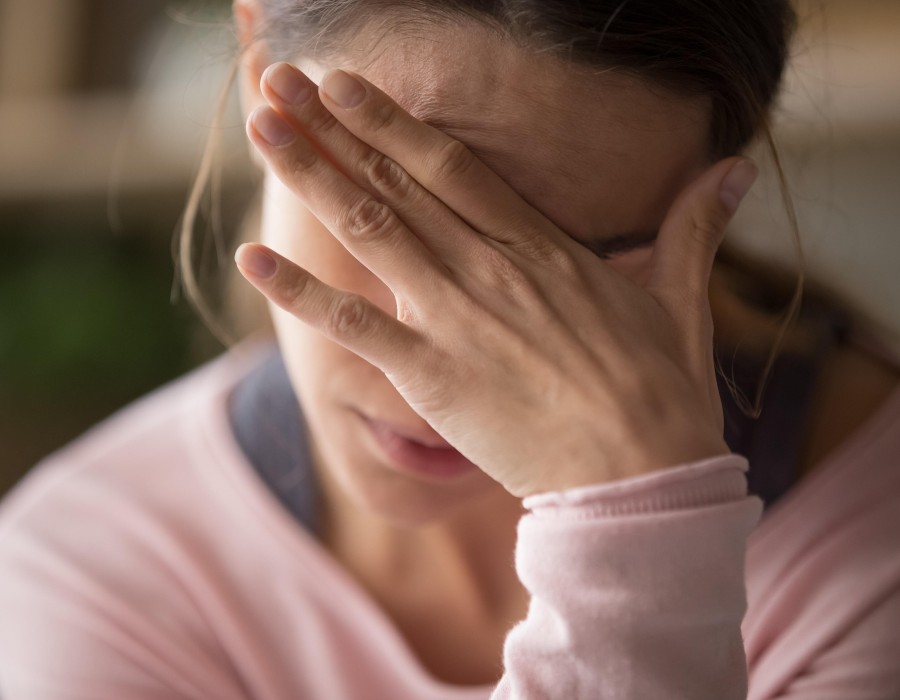Overview
Our physical and mental health are closely correlated with both anxiety and sleep. Excessive concern and fear are the hallmarks of anxiety, which can have a detrimental effect on sleep quality and create a vicious cycle in which anxiety is made worse by inadequate sleep and vice versa. Gaining knowledge on efficient techniques to reduce anxiety and enhance sleep is essential for general health and wellbeing.
The Connection Between Sleep and Anxiety
There are many different ways that anxiety disorders can appear, including panic disorder, social anxiety disorder, and generalized anxiety disorder. These ailments frequently make it harder to get to sleep, stay asleep, or have restorative sleep. Anxiety is exacerbated by sleep disruptions, which can lead to a vicious cycle of insomnia and elevated anxiety.
Negative Effects of Sleep Deprivation on Health
Chronic sleep loss associated with worry can have serious health repercussions in addition to its short-term impacts on mood and cognitive function. It raises the risk of metabolic and cardiovascular diseases, weakens the immune system, and affects cognitive function. As a result, treating sleep problems is essential for maintaining general health.
Techniques for Handling Anxiety
Therapy based on cognitive behavior (CBT): Cognitive behavioral therapy (CBT) is an evidence-based treatment technique that assists people in recognizing and changing the negative thought patterns that fuel anxiety. It is especially useful in treating anxiety disorders and enhancing the quality of sleep.
Mindfulness Meditation:
By encouraging relaxation and present-moment awareness, mindfulness meditation can help people feel less anxious. Before going to bed, methods like deep breathing and body scans can assist de-stress, which improves the quantity and quality of sleep.
Physical Activity:
Studies have shown that regular exercise lowers anxiety and enhances the quality of sleep. Walking or swimming are examples of moderate aerobic activity that might help control sleep patterns and encourage calm.
Creating a Routine
: By establishing a regular sleep schedule and nighttime ritual, you can tell your body when it's time to relax. A warm bath, some reading, or some relaxation techniques before bed can help the body and mind get ready for sleep.
Enhancing Sleep Quality
Sleep Environment: Maintaining a cool, calm, and dark bedroom is essential for good sleep. Purchasing pillows and a comfy mattress that promote sound sleep is also crucial.
Limiting Stimulants:
You can avoid disrupting the beginning and quality of your sleep by avoiding caffeine, smoking, and heavy meals close to bedtime. Reducing screen time and exposure to blue light from electronics prior to bedtime can also help improve sleep quality.
Setting a Wind-Down Time:
You can help your body know when it's time to sleep by doing some calming activities an hour before bed. This can involve doing moderate stretches, relaxing music listening, or relaxation exercises.
Including Methods of Relaxation
Progressive Muscle Relaxation (PMR): To encourage physical relaxation and lessen anxiety, PMR is methodically tensing and relaxing various muscle groups. Before going to bed, this method might be especially useful for releasing physical tension.
Breathing Techniques:
Prior to going to bed, deep breathing techniques like 4-7-8 breathing and diaphragmatic breathing can help induce relaxation in the body. Deep, slow breathing exercises can help calm the mind and lessen tension.
Guided Imagery:
To help with relaxation and as a diversion from nervous thoughts, visualization techniques can involve picturing calm and quiet landscapes. You can practice guided visualization on your own or with the use of audio recordings.
Getting Expert Assistance
It could be necessary to seek professional assistance for persistent anxiety and sleep issues. Seeing a doctor or mental health specialist can help you receive individualized treatment options, such as medication or counseling, that are designed to address your particular anxiety symptoms and sleep issues.
In summary
To sum up, preserving general health and wellbeing depends on controlling anxiety and enhancing sleep. The loop of worry and sleep problems can be broken by using techniques like mindfulness meditation, cognitive behavioral therapy, and better sleep hygiene. Making relaxation practices a priority and getting expert assistance when necessary will help you succeed in getting more rest and relaxation. Ultimately, improving quality of life and fostering optimal health require a comprehensive strategy to controlling anxiety and sleep.





Comments